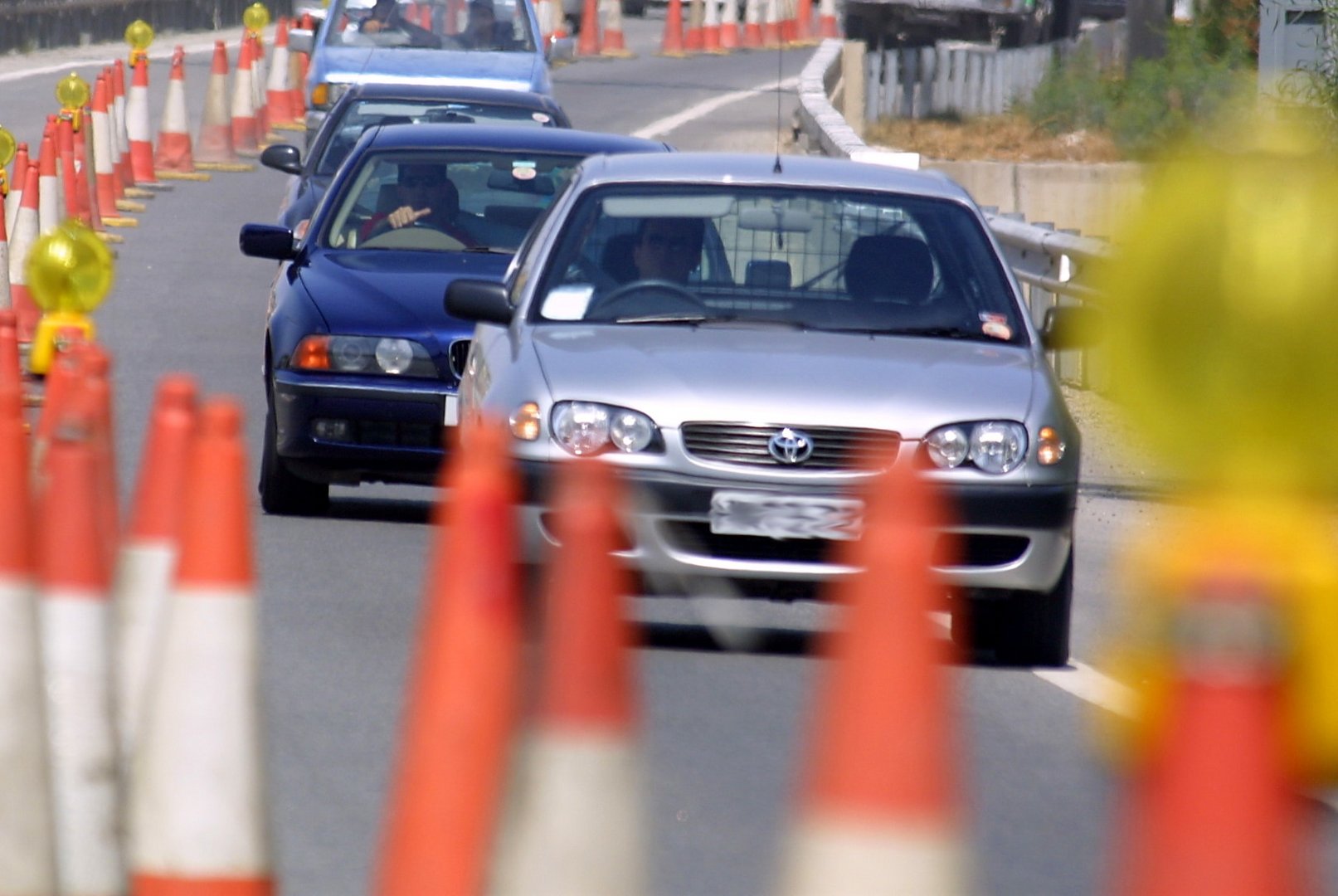The public works department has reportedly prepared a study proposing the reduction of the speed limit in certain urban areas from 50km/h to 30km/h. This is aimed at reducing fatal car crashes, carbon emissions and encouraging what is known as sustainable mobility. It has the support of the police.
When policymakers refer to sustainable mobility what they really mean is that they want fewer people using their car to move about. And forcing a driver to go at 30km/h on urban roads could be an effective way of discouraging car use, because driving at such a speed is a form of torture. Funeral processions move faster than this.
Initially, according to reports, this speed limit will be imposed on roads with a lot of car traffic that are also used by many pedestrians. Another option is roads leading to intersections at which there are frequent accidents. The public works department has even designated the areas in Nicosia, Larnaca and Limassol in which the low speed limit should be imposed.
If the police and public works department are so concerned with protecting pedestrians, why have they not considered the use of more pedestrian lights as well? The busiest road in Nicosia – Grivas Dhigenis Avenue – has no lights for pedestrians at its intersections. People have to run across it if they want to get to the other side of the road in one piece.
Surely traffic lights for pedestrians are a more pressing need than the reduction of the speed limit, for the safety of people, so why have the police and the public works department not thought about this? Is the cost too high or has it been ruled out because it does not reduce carbon emissions? Being able to cross a busy road intersection without risking your life would also encourage more people to walk.
The truth is that the 30km/h limit already exists on some urban roads, as well as on roads passing outside primary schools, which also have bumps on them. It is perfectly reasonable to have a limit as low as 20km/h on a road in front of a primary school but imposing it on other roads is nothing more than a case of the authorities suppressing drivers, just to make life as difficult as possible for them, not to mention boosting revenues from traffic fines.
The real danger is that if the 30km/h is imposed selectively now, it would not be long before it is expanded to all town roads. We will be told that the lower speed limit has led to a reduction in car accidents (perhaps by 3 per cent) and should therefore be imposed on all the town roads. We hope the Minister of Transport, Alexis Vafeades, to whom the new speed limit proposal will be sent for further action, will show some common sense and file it away in the ministry.







Click here to change your cookie preferences